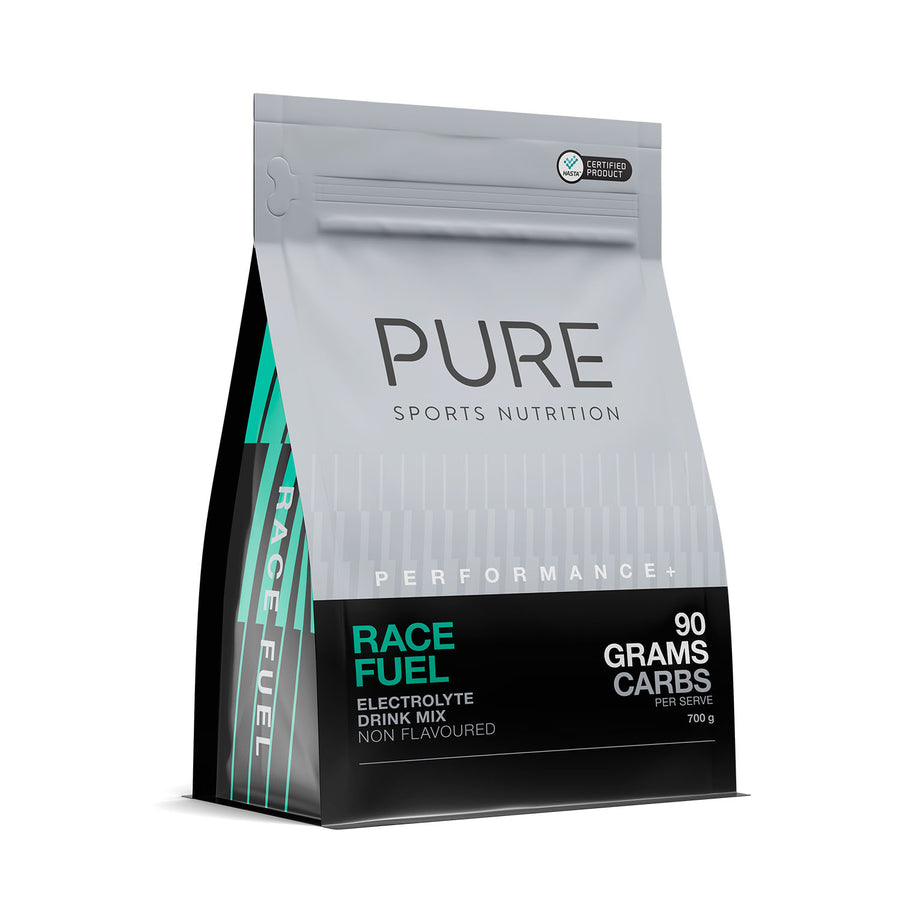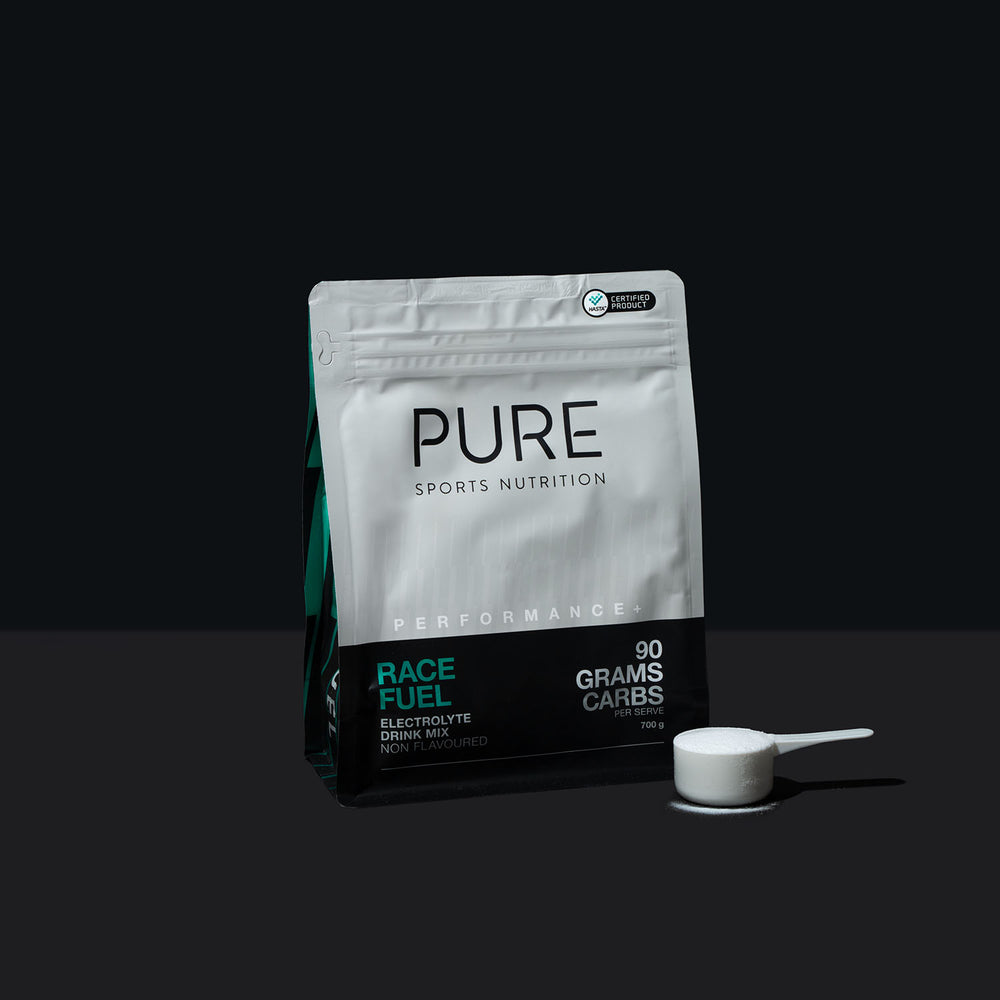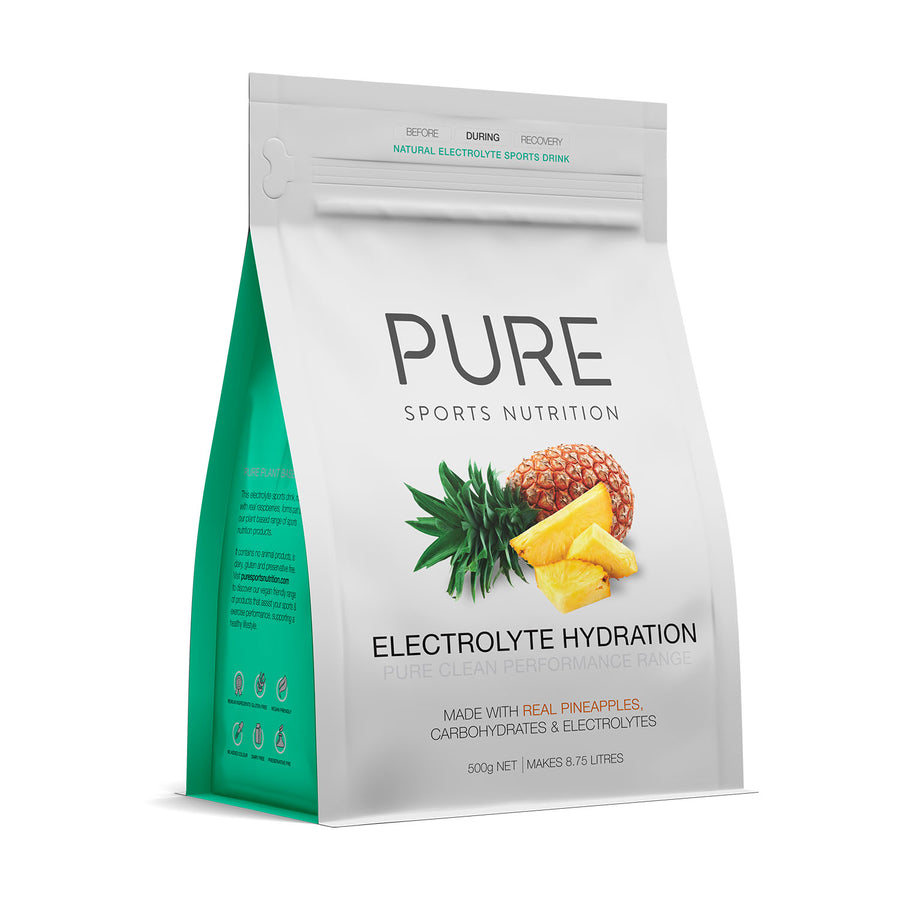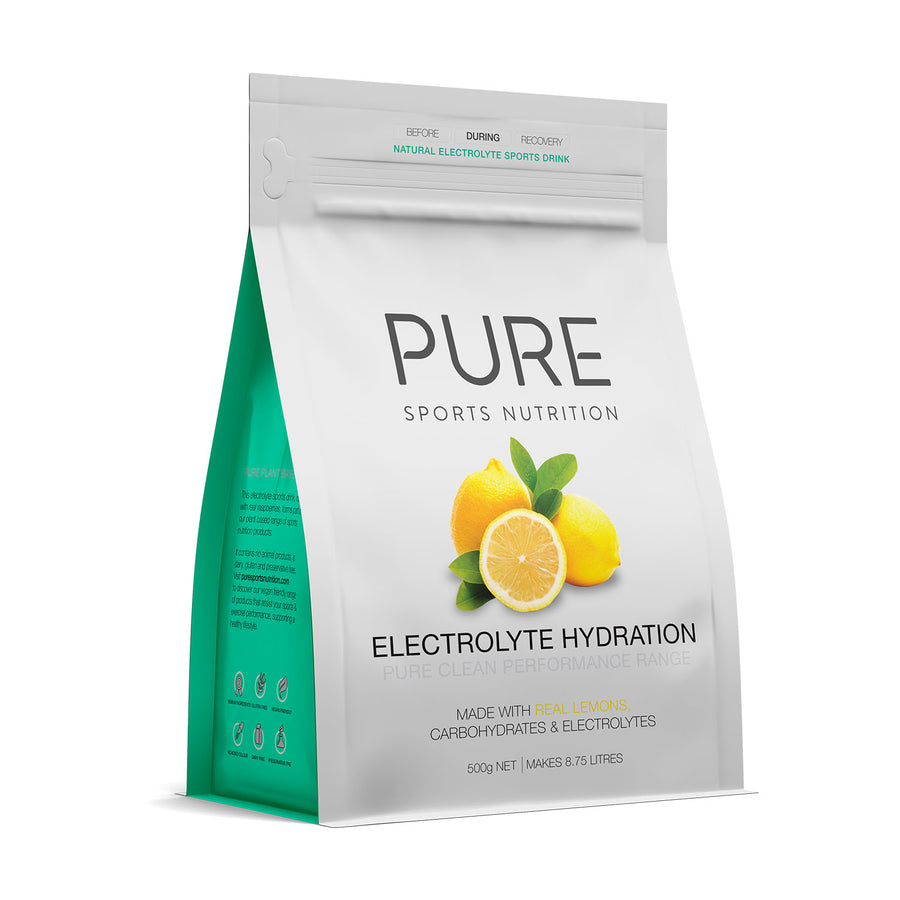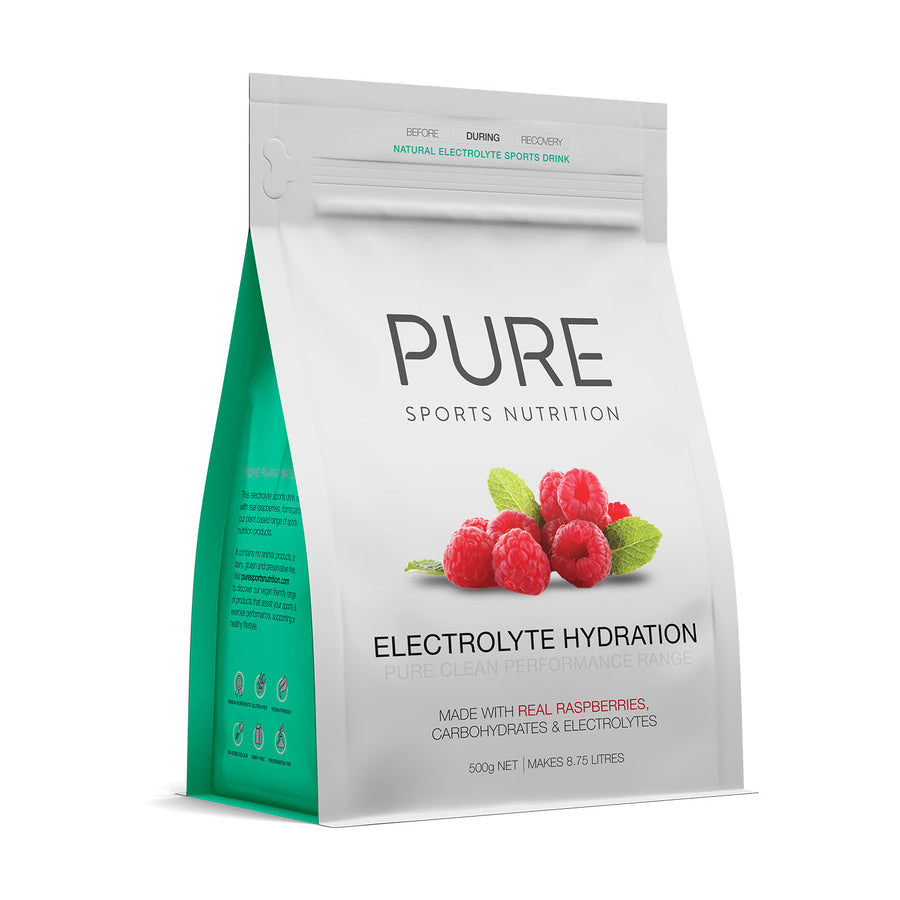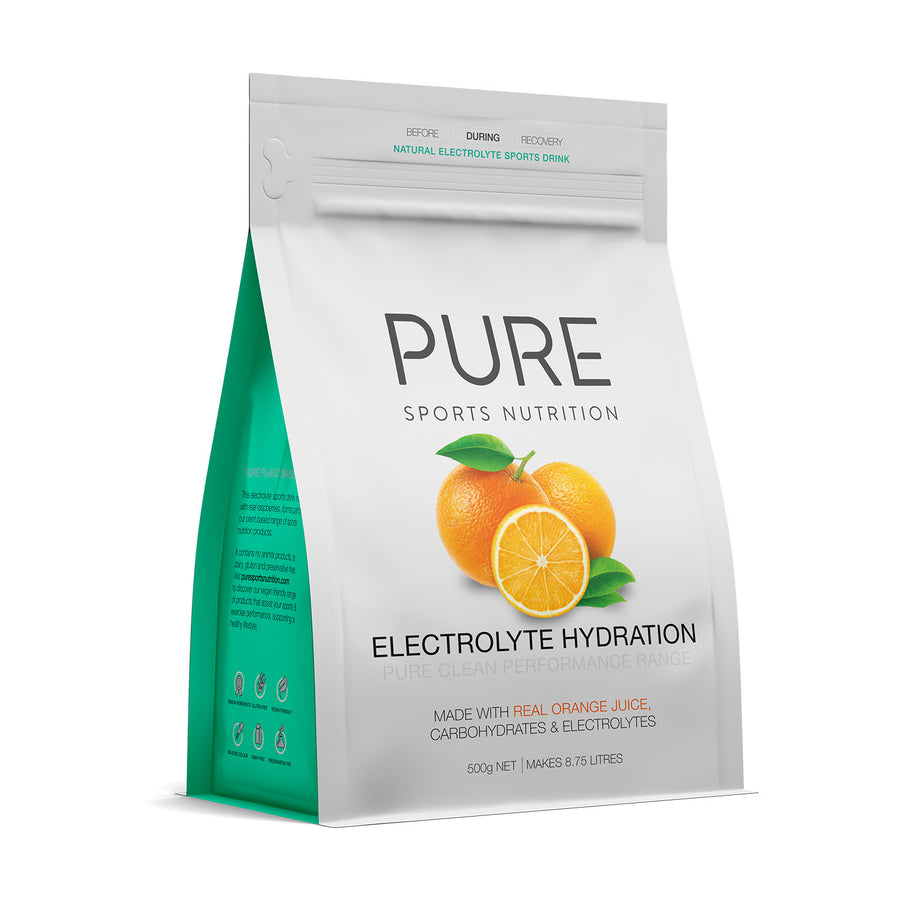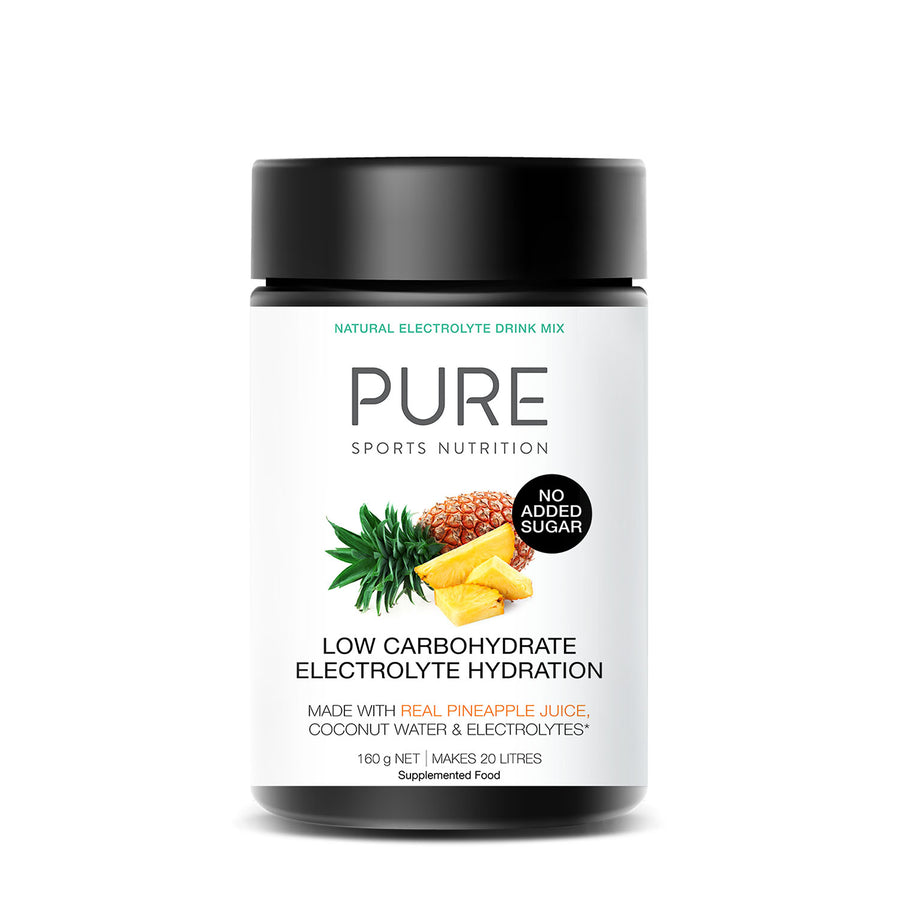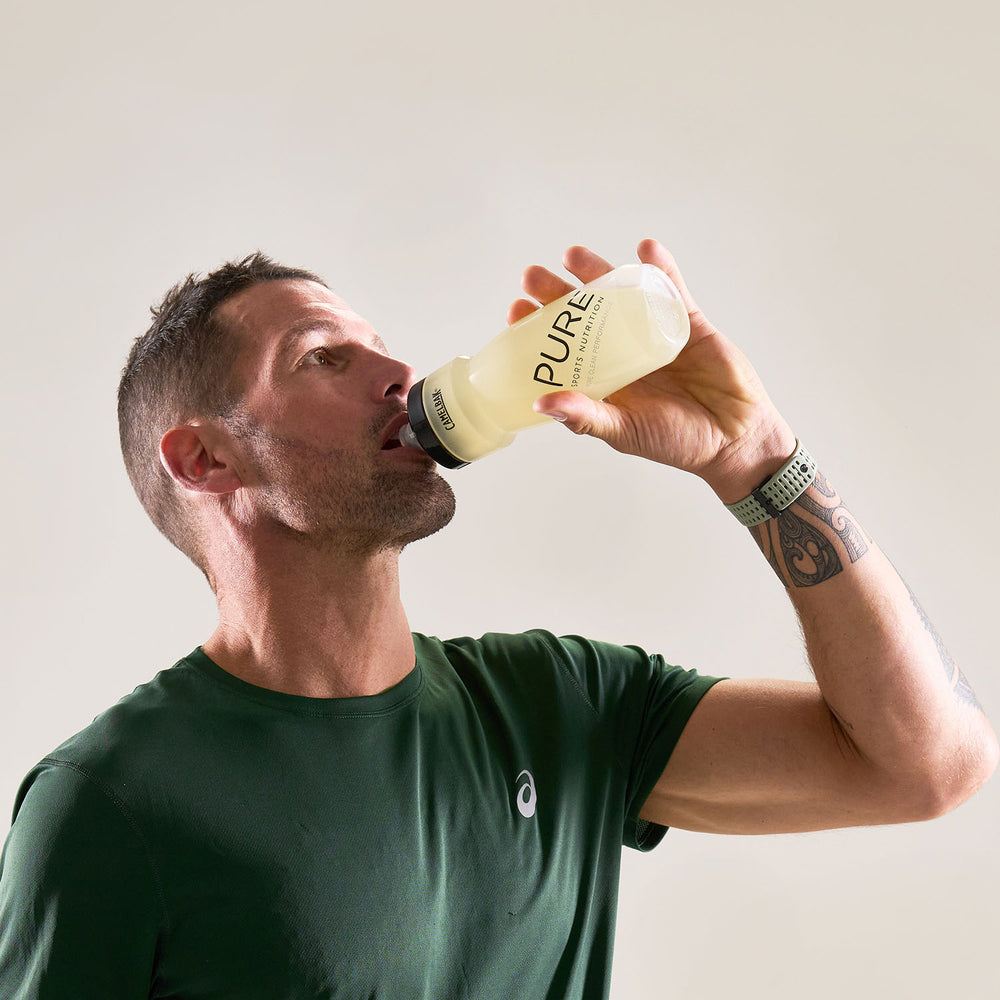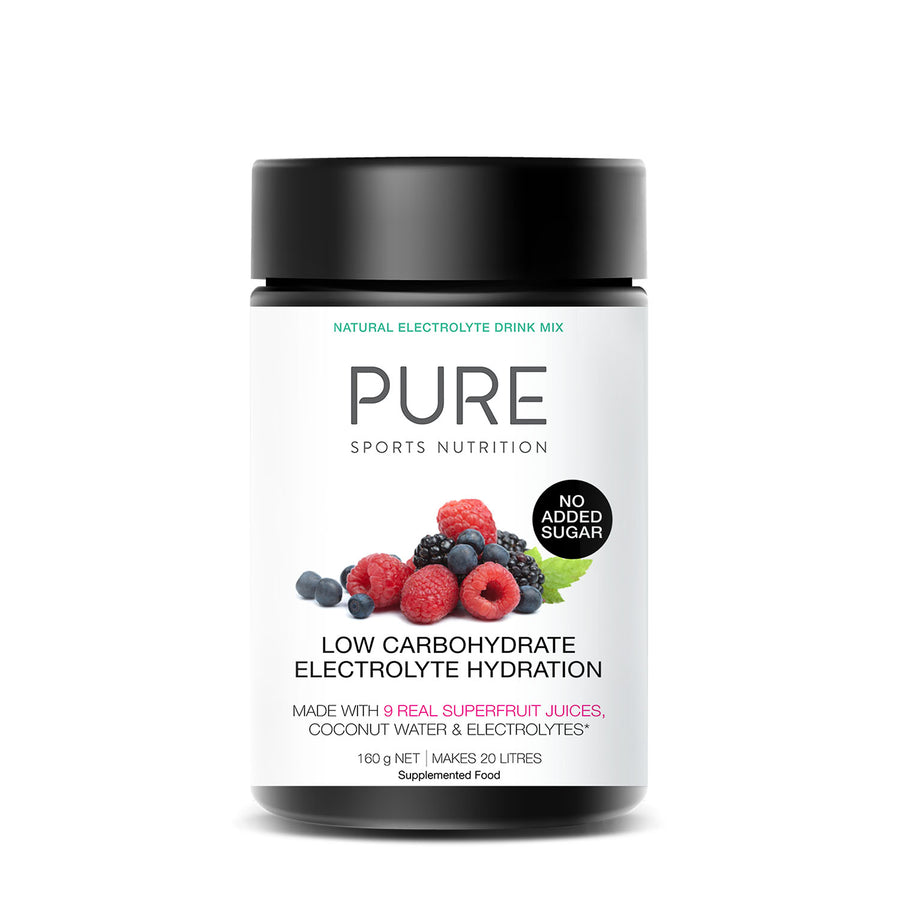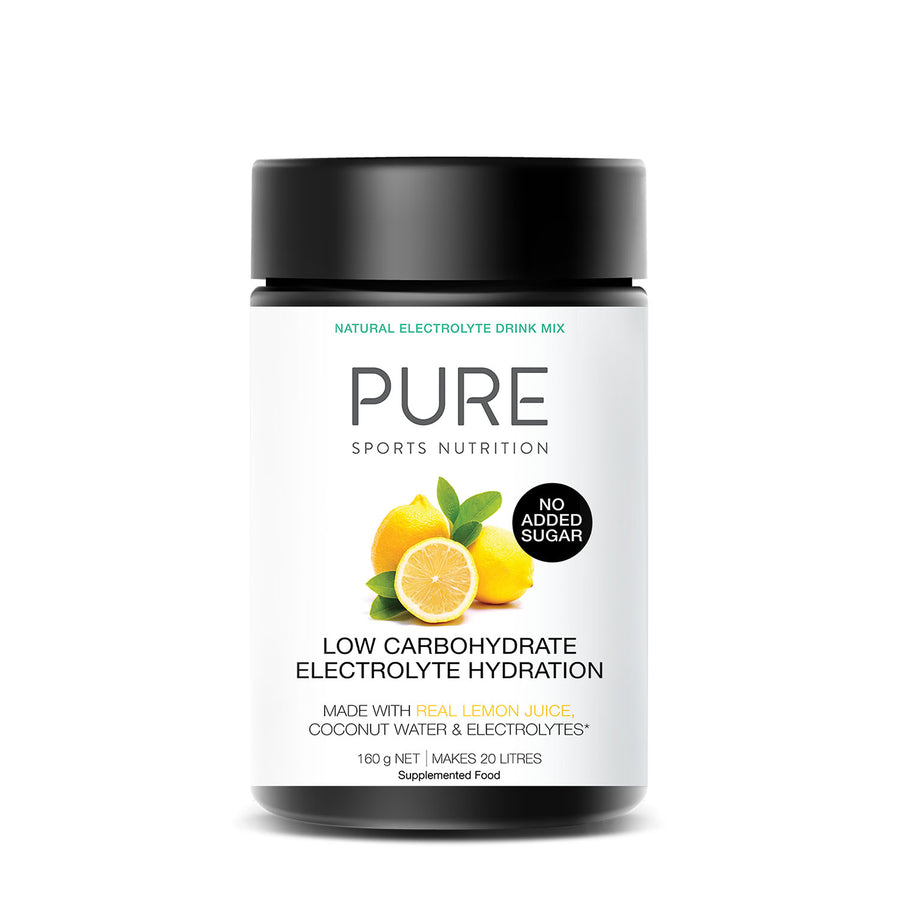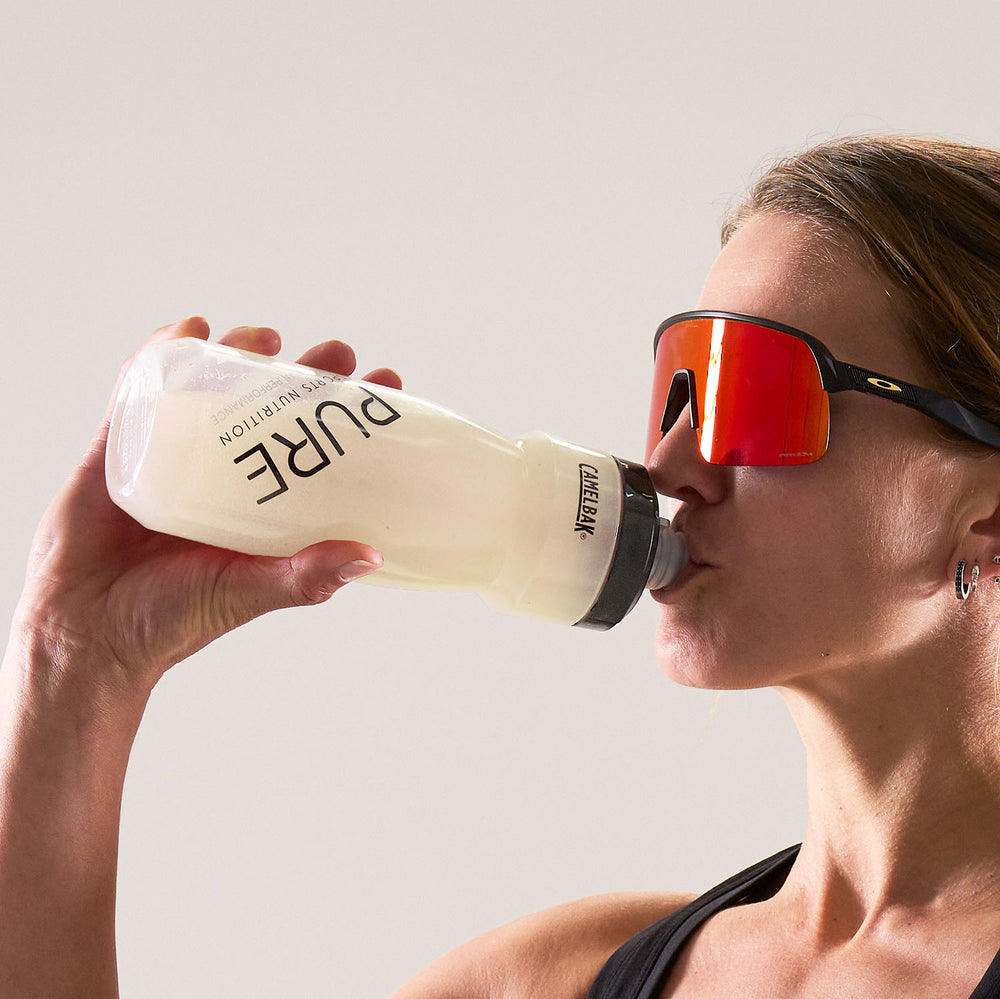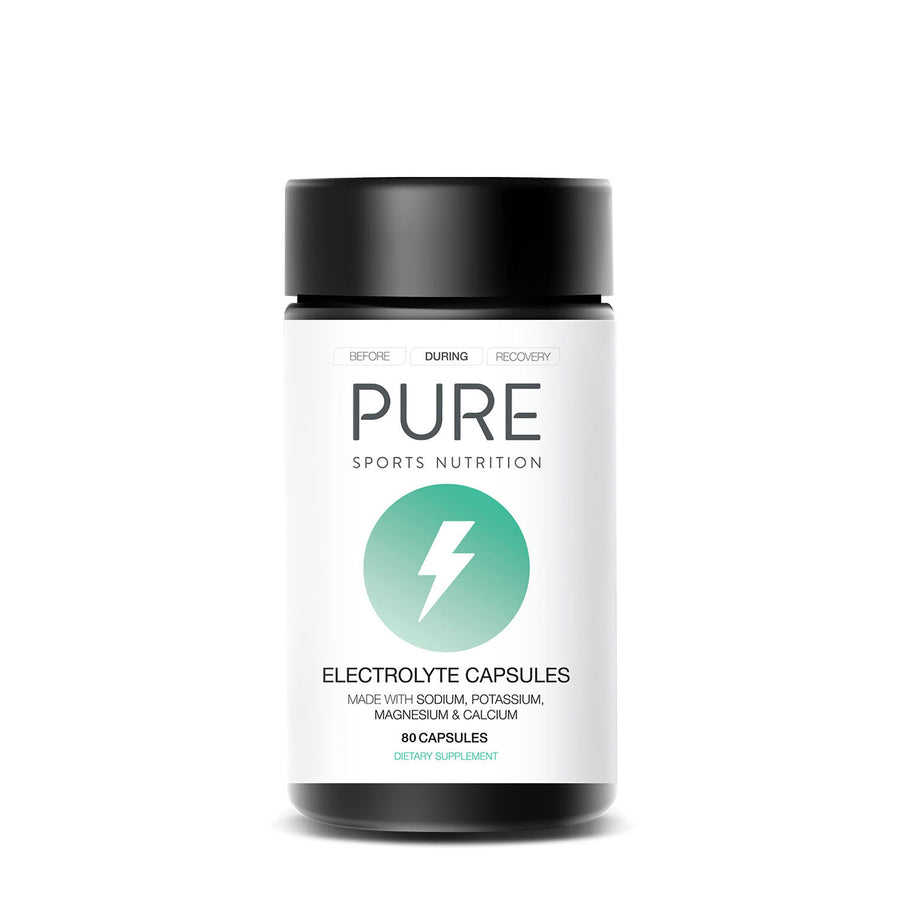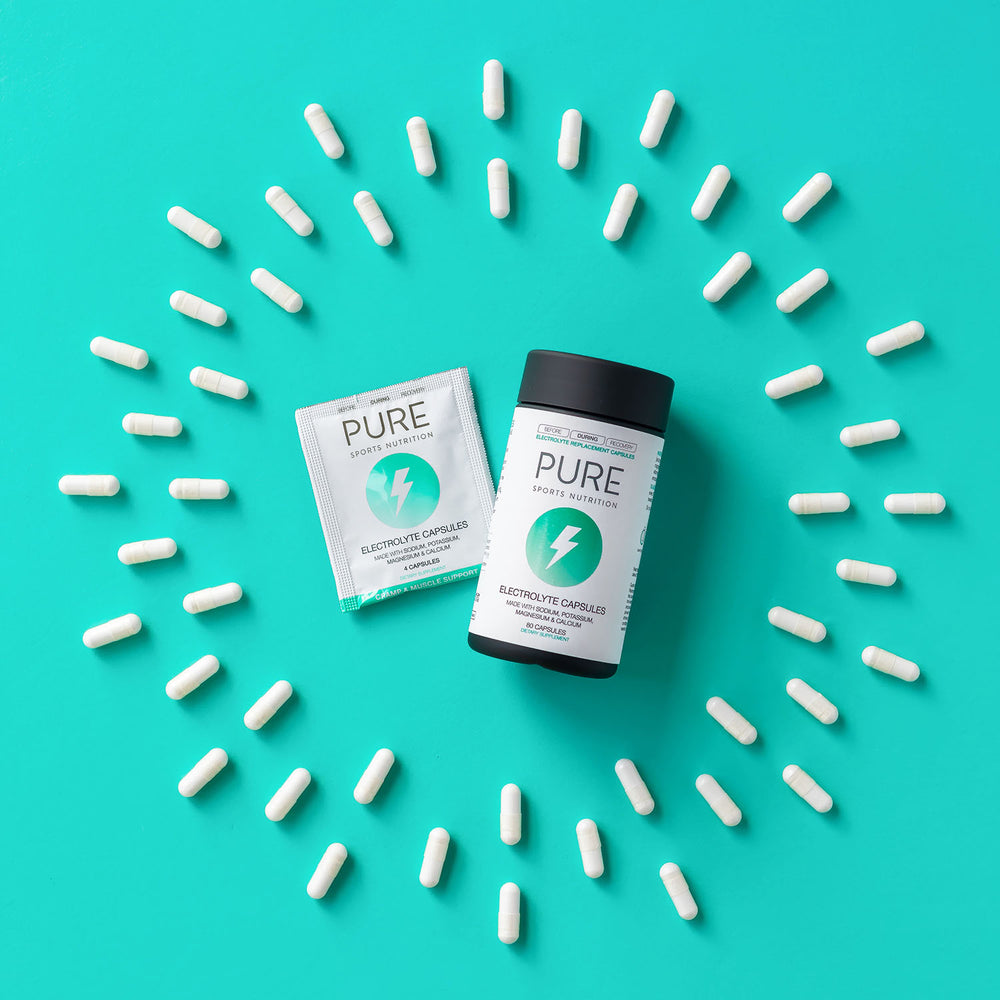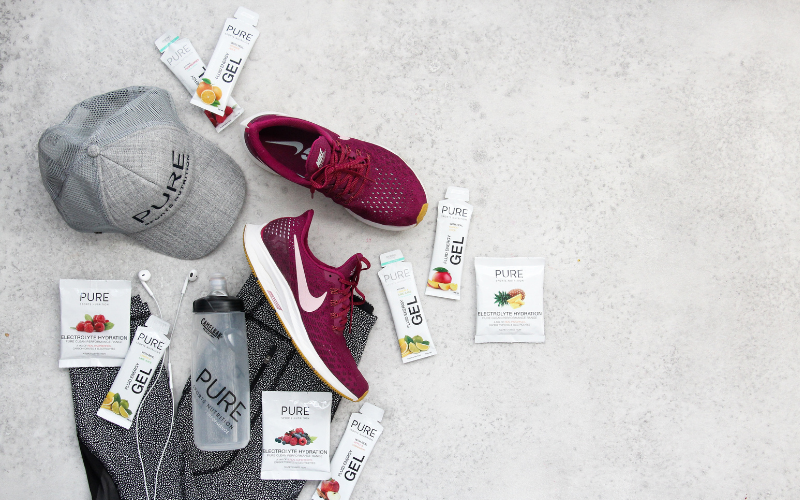
Is Under-Eating Affecting Your Endurance?
If you’re training for an upcoming endurance race it’s time to start focusing on your nutrition. Nutrition plays an essential role if you want to get the most out of your training and to recover effectively. Making sure you’re eating enough of the right foods is essential to your success. But how do you know if you’re eating enough? This blog will talk though some signs of under-eating and how it can affect you.
Meeting your daily energy requirements (getting enough energy on board) is vital for general health and wellness, not to mention key to getting the most out of training.
Here are some warning signs of under-eating to be aware of:
- Don't ignore hunger. Your body is designed to tell you when you have not met your correct requirements. This can be through signs of irritability (aka hangry) as well as the common ‘sweet tooth’.
- Falling asleep mid-afternoon/early evening. Fatigue and tiredness are common signs of under eating.
- Reliance on caffeine. A caffeine boost can be great for an hour or so, but can have negative impacts later on in the day.
- Sleep disturbances are often seen in those who are not meeting their energy needs snd can impair recovery and increase the risk of injury and illness. Quality and duration (up to ten hours!) are important aspects to consider.
- Illness. Our bodies require sufficient fuel to ensure our immune system is functioning correctly, and a common sign of under-eating is frequent illness.
- Poor recovery and injury. While under-eating may impact immediate recovery from training, long-term issues such as stress fractures can also be linked back to low energy intakes.
Adaptive thermogenesis is the phenomenon where, if you don’t eat enough, your body adapts to reduce your output. Put more simply, if we under eat our body slows down. In severe cases, athletes under eat and can develop a clinical diagnosis of relative energy deficiency in sport, also known as Red-S. This is created by long term under-eating and can be intentional as well as by accident. Read the IOC consensus statement on Red-S here. If you have any concerns about this, please seek help from a registered dietitian.
While there are no specific recommendations for daily diet here are some practical tips to adequately fuel for your training load:
- Record your food intake over a week and also energy levels, sleep and how you feel when training to get an overview of areas or patterns that may need attention.
- Plan ahead. Ensure you have easy access to meals and snacks when needed.
- Have consistent protein thoughout the day. Aim for 0.4g per kg of body weight of protein per meal.
- Aim for a minimum of 7+ serves per day fruits and vegetables.
- If you are training longer than one hour take fuel with you or take the opportunity to practice your race day nutrition plan.
- Add in another meal or snack into your day if you're increasing your training load.
To get individualised recommendations (including calorie requirements), get in touch with Performance Dietitian Conrad Goodhew https://www.conradgoodhew.com.
